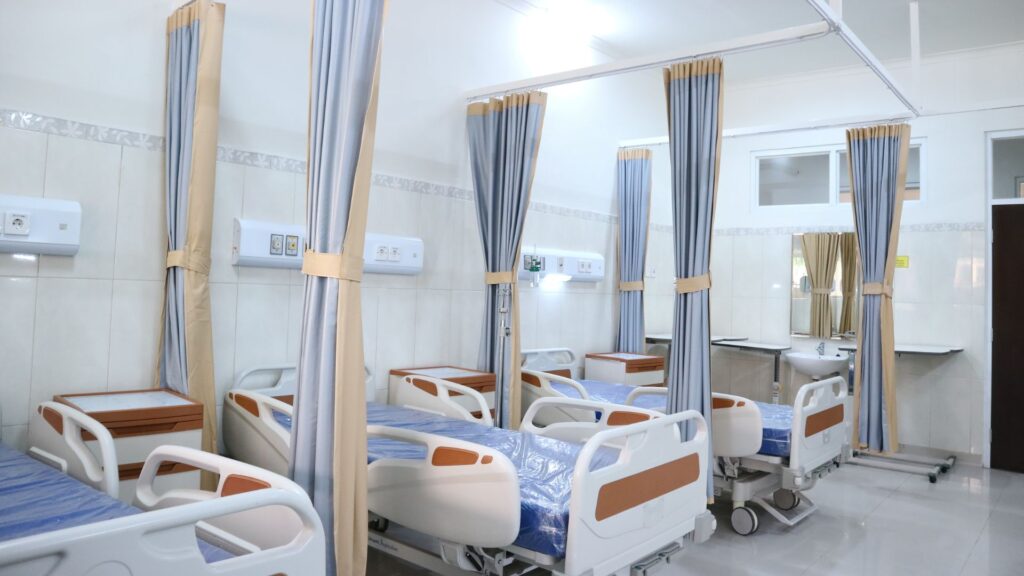The Unseen Lens of a Decontamination Specialist
We see a lot of healthcare environments in the course of our business, and when you are a decontamination specialist, you can’t help but notice the standard of cleanliness. You find your eyes flicking over to the key touchpoints, you scan for the right documentation on display, you perform a silent thumbnail sketch of an audit…
When you are only there as an auditor, it is easy to spot any minor issues and jot them down for discussion. However, when you are there as a visitor supporting a relative, those minor issues hit differently.
Personal Experience: A Visit to A&E
I recently spent a day with an elderly relative in an A&E department following a fall. It was a precaution more than anything, but it can still be distressing for someone in care to be confronted by the strange, hectic surroundings of a busy hospital.
Observations in the Resus Lounge
We waited in the Resus lounge for someone to assess us. I noted a build-up of dust, dirt, hair and even a scrap of linen by the skirting board. There was dried blood on the wall beside us and on the handle of the overhead light above us.
That room should be one of the cleanest areas in the hospital, and it was clear that this contamination wasn’t from recent use—this had been there for at least 24 hours, if not longer.
The Impact on Confidence in Care
It undermined our confidence in the whole setting. Were we going to receive the right level of care? Were we going into a clean, low-risk environment? Would our vulnerable relative catch anything by being there?
The Role of National Standards
There’s a reason why the National Standards of Healthcare Cleanliness take public confidence into account when categorising areas based on risk. An unclean space is an unsafe space. We resorted to quietly sanitising each area that we were transferred to, until our relative was discharged with a clean bill of health.
Those other areas were cleaner than the Resus lounge, but the damage to our confidence as service users was done.
Beyond Infection Control: Building Trust through Cleanliness
Infection control is the most important “why” behind decontamination, but the confidence of patients and their loved ones is close behind it.
A Competitive Healthcare Landscape
Healthcare providers are in a competitive landscape, one which is also highly regulated and under constant scrutiny. Keeping cleaning standards at an excellent level, with highly trained staff executing clear, sensible processes, is only going to become more crucial as different providers seek to distinguish themselves from the crowd.
